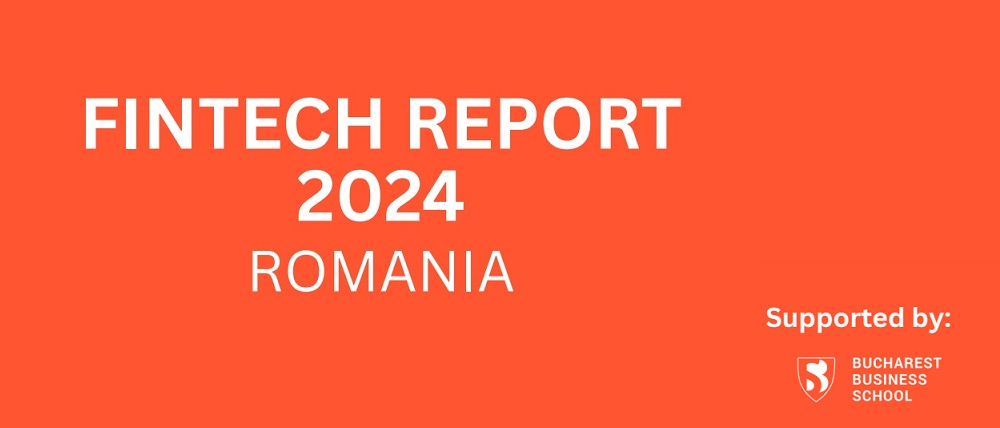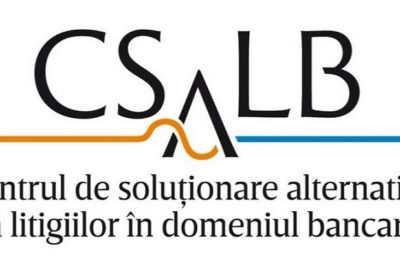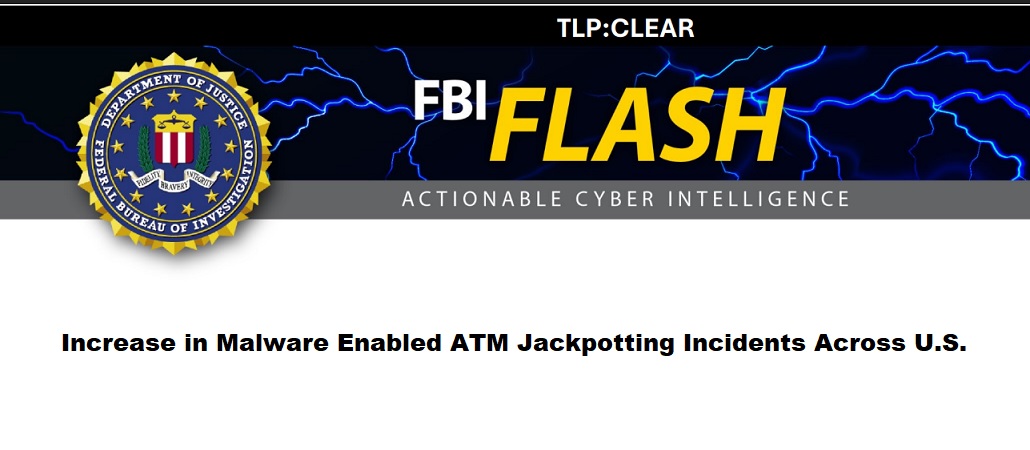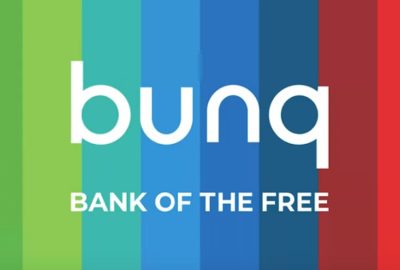Credit Suisse: „bitcoins could have cost advantages over credit cards or providers such as Western Union when used as a transaction system”

Bitcoins and other virtual currencies have grown into a global phenomenon. Some see the beginning of a new era, others see the potential for a major crash. In just five years, the new bitcoin currency has grown from a small niche project by some computer geeks into a global phenomenon – despite some dubious transactions. And devotees of the bitcoin system are already predicting the next upheaval in payment transactions.
The subject was analysed by Credit Suisse in a recent article written by Jonathan Horlacher, who concludes that bitcoin’s biggest advantage – decentralisation – is also its biggest drawback because there is no authority guaranteeing its value.
Do bitcoins have the potential to become commonplace and to dislodge the money monopoly from the central banks? „The outlook is not good”,believes the author who also considers that confidence is everything.
„A currency is only worth what you believe you will be able to purchase with it tomorrow. If this confidence is removed, the value of the currency can decline rapidly, which is what happened with bitcoins at the beginning of 2014. These fluctuations in value are what is stopping bitcoins from becoming more widespread as a means of payment.” says Horlacher.
Nevertheless, the Credit Suisse researcher pointed out that bitcoins have a future in certain areas and countries. „When combined with the traditional financial system, bitcoins could have cost advantages over credit cards or providers such as Western Union when used as a transaction system. In countries such as Argentina and Zimbabwe, where confidence in the country’s own currency retaining its value is very low, bitcoins are an alternative that is being used with increasing success.
But in the end, the question remains: Who do you trust more, your own central bank or an anonymous online network?
This leaves open the question of central bank-backed virtual currencies; a prospect which has gained traction in recent months, according to finextra.com. In February, the Bank of England said that the distributed ledger technology that bitcoin relies on „may have considerable promise. This raises the question of whether central banks should themselves make use of such technology to issue digital currencies.”
Last month a senior researcher at the Federal Reserve Bank of St Louis floated the idea of a government-backed ‘Fedcoin’ that uses a bitcoin-style protocol but the US dollar as the monetary object, combining the best of cryptocurrencies and cash.
And it has since emerged that IBM is taking the issue beyond the hypothetical, holding informal discussions with a number of central banks about the creation of a blockchain-based digital cash and payment system for major currencies.
Dariusz Mazurkiewicz – CEO at BLIK Polish Payment Standard
Banking 4.0 – „how was the experience for you”
„To be honest I think that Sinaia, your conference, is much better then Davos.”
Many more interesting quotes in the video below:










